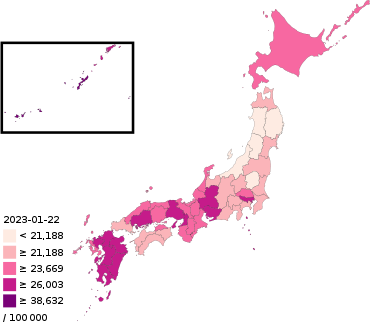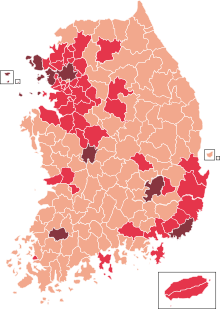There is an interesting interview with Dr Charlotte Houldcroft (virologist at the University of Cambridge) on The Guardian website looking at the question of whether the UK’s recommended 7 day isolation period is long enough:
Covid-19: is seven days in isolation enough?
https://www.theguardian.com/world/audio/2020/apr/21/covid-19-seven-days-isolation-enough-podcast
In the interview Charlotte Houldcroft discusses a recent study which came out in Germany. She explained that the study found that after 7 days from symptom onset, you can still find fragments of the virus in people’s nose and throat but you can never grow virus from those samples. Charlotte says “What that suggests is that after 7 days people are not infectious to those around them any more but they might still test positive”
Does any one have any idea what study is being discussed here? Unhelpfully it doesn’t give any details of the study in the podcast or on website.
Charlotte Houldcroft also explains that people with this disease are much more infectious at the beginning of the disease, even when asymptomatic and that the infectiousness decreases over time. Interestingly, this is in contrast to the original SARS virus from 2002 where people actually became more infectious with time.











